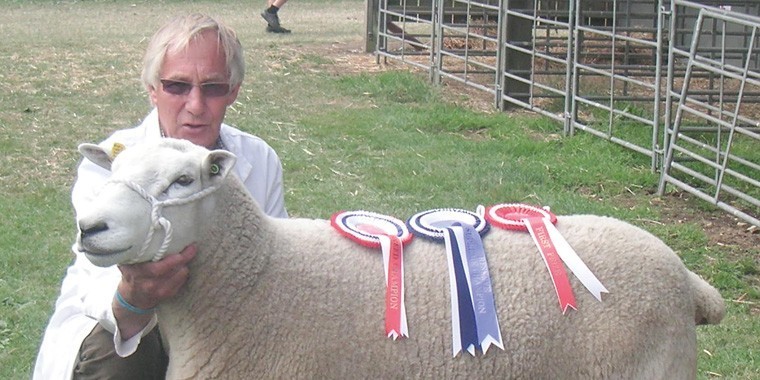I wouldn’t normally regard this column as an appropriate forum for political debate, but I simply cannot ignore the reaction to some of my comments last month.
This was about some of the numpties that are to varying degrees influencing the negotiations for our eventual withdrawal from the European Union. The responses were all in agreement, accepting that in general, numpties was considerably more polite than many of the remarks received about our current government. I use the term “government” loosely: comments – to which recent events would seem to lend considerable support – The Times recently alluded to the suggestion by a senior Tory member that the party “… would benefit from a period in opposition to regroup.”
This is not an attractive proposition, but possibly no worse than what we have a present; and it just about sums up the level of “numptyism” (if there is such a word) to which we have now descended. There were those who voted for Brexit in order to reduce the considerable burden of red tape and bureaucracy imposed on farmers. Now Mr Gove, in his attempt to curry favour with the urban green lobby, has recently announced his intention to pursue a “green Brexit” with “higher protection” standards than those currently in the EU, with the added bonus of a new watchdog “independent of government” to enforce his tougher standards.
Post Brexit, life for sheep producers and others, will be dictated by enormous uncertainty and the last thing we need is yet another unelected and unaccountable body issuing diktats. As Matt Ridley put it in The Times: “Countryside policy is disfigured by the triumph of intentions over outcomes” due largely to many of those intentions being determined by “urban greens” and not by countrymen who at least have some practical knowledge and understanding of what they are doing.
Sadly, I suspect that welfare issues will be next in line for similar treatment. It’s not that I have any argument with either environmental or welfare issues, as long as they based on some form of reality. I have no doubt that Mr Gove has been significantly influenced by the alliance of 13 environmental groups that make up Greener UK. On the positive side, however, he does seem to have a habit of being a rather duplicitous character, wanting to run with the fox and hunt with the hounds. So he may still come down on the side of farmers. We have to date had numerous incompatible promises from both the farming and the green lobby, so don’t hold your breath.
On the subject of environmental lobby groups, I happened to catch a snippet of BBC Radio 2 this lunchtime where the discussion revolved around the unfortunate escape and subsequent shooting of a lynx in Wales last week. One of the contributors to the discussion was from the Lynx Trust, an organisation that is seeking permission to reintroduce lynx into some parts of the UK, arguing that they were at one time part of our natural fauna and should be so again. This is an idea that, not surprisingly, has met with significant opposition from some quarters, and in particular from the National Sheep Association (NSA). The contributor was rather scathing of the NSA’s use of the possible lynx attack on sheep in the area of the escape in support of their case (something that I would fully expect them to be), citing the fact that only one of seven dead sheep had any evidence of a bite mark.
This simply demonstrates a singular lack of understanding of the impact that a predator – be it dog or lynx or whatever – can have on sheep. Actual physical wounds are often the least of the problems: sheep may die of shock (a significant possibility with an alien predator such as a lynx), exhaustion or smothering with no physical signs, not to mention the possible consequential losses through abortions etc.
What really annoyed me however, was his attitude that really one sheep being killed, whatever the cause, didn’t matter in an industry where 2.6 million sheep died each year due to exposure, malnutrition and disease. This was a statement made without any qualification or support, but one presumes it is a reference to the 15% lamb mortality that we suffer each year (a figure that has not changed significantly for the past 45 years, not just in the UK, but also across Europe). The clear intention was to discredit the sheep industry with an assertion that would have shocked many listeners – people who are also consumers and our customers.
Some lamb losses are inevitable but 15% is a figure that I do not feel comfortable with and I’m sure I am not alone. If it is a figure we are uncomfortable about sharing with our customers, then just maybe we really should be striving harder as an industry (and this includes all those involved with sheep health and welfare) to make positive steps to significantly reduce this figure.
On that note, very best wishes to everyone for Christmas and here’s hoping for a prosperous and successful 2018 for all sheep producers.




